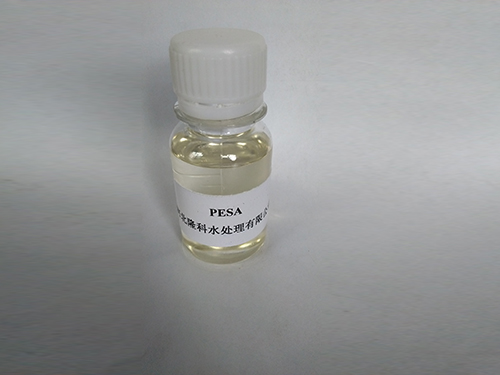scale and corrosion inhibitor
Scale and Corrosion Inhibitors Essential Agents for Industrial Efficiency
In various industrial processes, particularly in water treatment, scale and corrosion are two significant challenges that can lead to reduced efficiency, increased maintenance costs, and decreased equipment lifespan. Scale refers to the buildup of mineral deposits on surfaces, while corrosion is the gradual degradation of materials caused by chemical reactions, often with water and environmental elements. Thus, the implementation of effective scale and corrosion inhibitors is crucial for the smooth operation of systems ranging from boilers and cooling towers to pipelines and heat exchangers.
Understanding Scale and Corrosion
Scale formation occurs when water, especially hard water rich in minerals such as calcium and magnesium, evaporates or is heated. As water evaporates, it leaves behind these minerals, which crystallize and form deposits on surfaces. These deposits can lead to significant problems, including reduced heat transfer efficiency, increased operational costs, and potential equipment failure.
Corrosion, on the other hand, is primarily an electrochemical process that involves the oxidation of metal surfaces. Factors such as pH levels, temperature, and the presence of oxygen or other corrosive agents can enhance the rate of corrosion. The economic implications of corrosion are staggering, with industries worldwide incurring billions in damages each year due to compromised equipment and infrastructure.
The Role of Inhibitors
To mitigate the adverse effects of scale and corrosion, industries often rely on specialized chemicals known as inhibitors. These agents work by altering the chemical environment, making it less conducive to the formation of scale and providing a protective barrier to metal surfaces.
scale and corrosion inhibitor

1. Scale Inhibitors These compounds, typically phosphonates, polyacrylates, or other organic acids, work by interfering with the crystallization process of scale-forming minerals. By modifying the properties of the minerals and suspending them in water, scale inhibitors prevent the uncontrolled buildup of deposits on surfaces, thus maintaining operational efficiency.
2. Corrosion Inhibitors These inhibitors protect metal surfaces through various mechanisms, including passivation, film formation, and sacrificial anode processes. Organic corrosion inhibitors, such as amines and imidazolines, provide a protective barrier that slows down the oxidation of metals. In high-temperature applications, such as in boiler systems, specific inhibitors tailored for these environments are essential to withstand harsh conditions.
Application and Implementation
The selection of appropriate scale and corrosion inhibitors depends on several factors, including the specific conditions of the system, the type of materials involved, and operational parameters such as pH and temperature. Regular monitoring and adjustments may be necessary to optimize the effectiveness of these inhibitors, which can vary based on seasonal changes or shifts in water chemistry.
Industries, including oil and gas, power generation, and manufacturing, must prioritize the use of these inhibitors to enhance productivity and reduce downtime. Effective scaling and corrosion management lead to longer equipment life, lower maintenance costs, and improved safety standards.
Conclusion
Scale and corrosion are persistent threats in many industrial applications, but they can be effectively managed through the use of specialized inhibitors. By understanding the nature of these processes and utilizing the right chemical agents, industries can protect their infrastructure, improve efficiency, and ultimately save costs. As technology advances, the development of more effective and environmentally friendly inhibitors will further enhance operational effectiveness while minimizing the ecological impact. Investing in scale and corrosion management is not just a choice—it's a necessity for sustainable industrial growth.
-
Water Treatment with Flocculant Water TreatmentNewsJun.12,2025
-
Polymaleic AnhydrideNewsJun.12,2025
-
Polyaspartic AcidNewsJun.12,2025
-
Enhance Industrial Processes with IsothiazolinonesNewsJun.12,2025
-
Enhance Industrial Processes with PBTCA SolutionsNewsJun.12,2025
-
Dodecyldimethylbenzylammonium Chloride SolutionsNewsJun.12,2025





